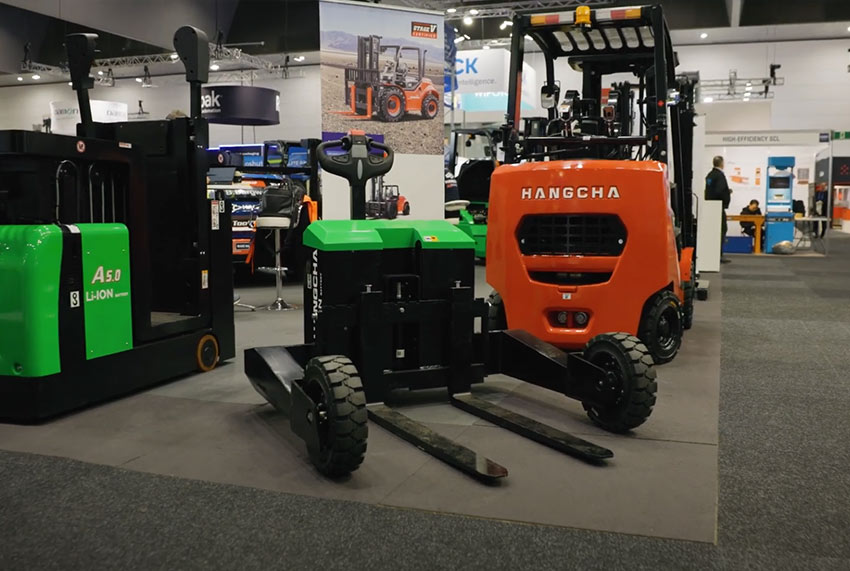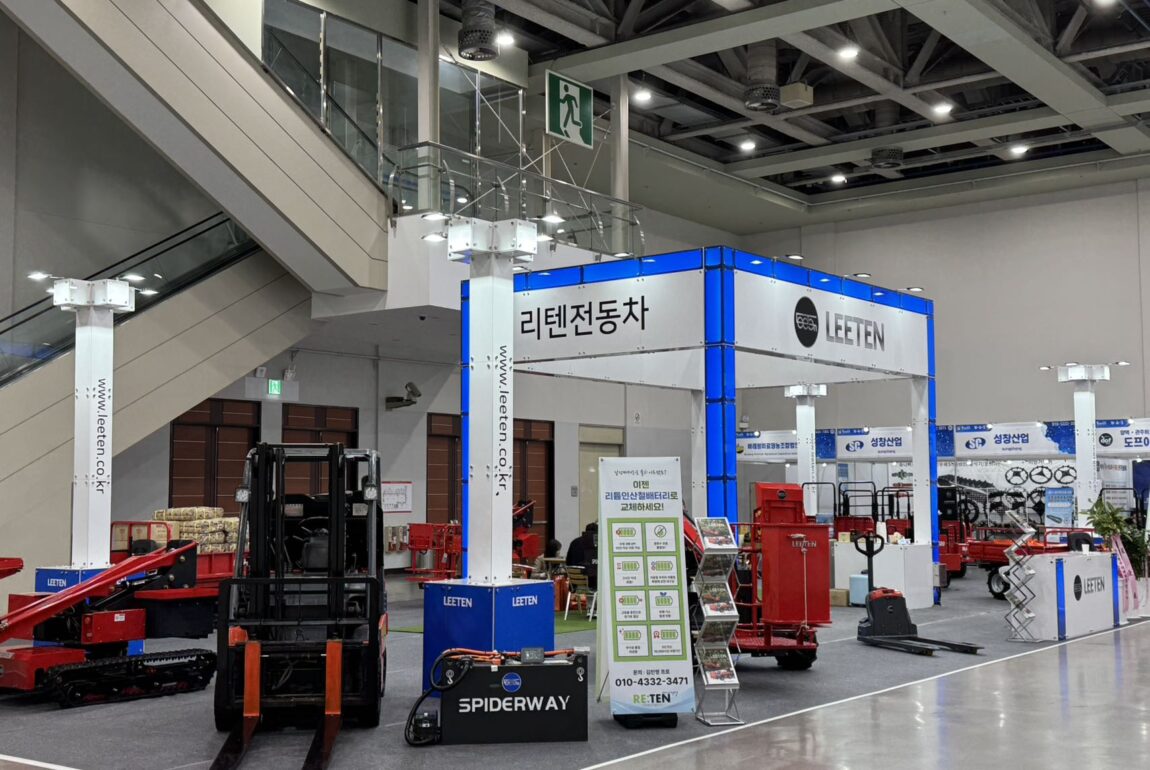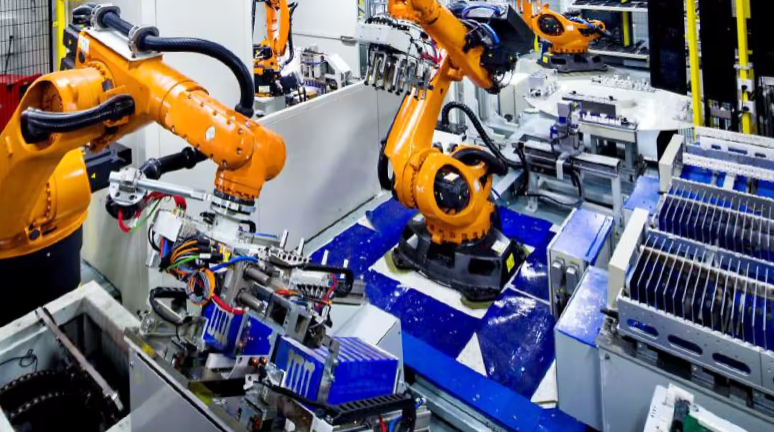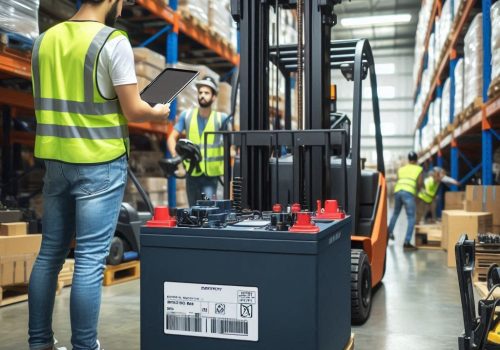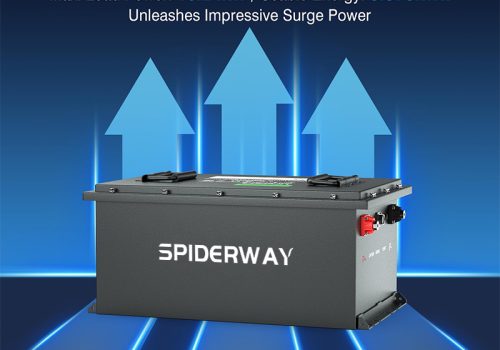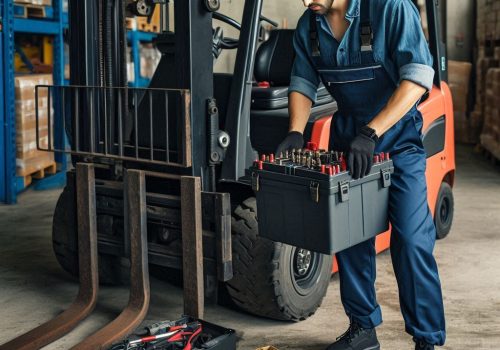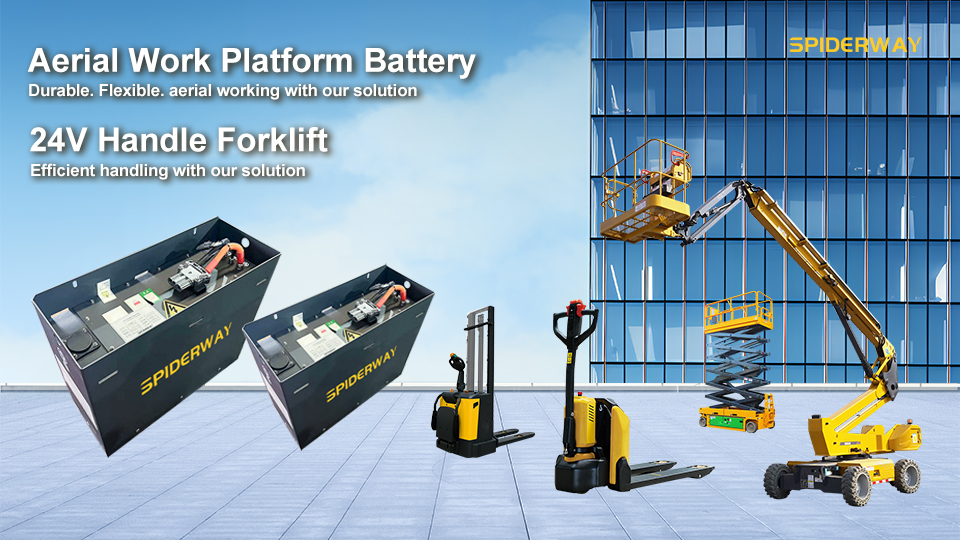
This guide is designed to assist professionals and companies in the selection of appropriate lithium batteries for aerial work platforms (AWPs). It covers key considerations, battery types, safety features, and performance metrics to ensure that the chosen batteries meet the operational requirements and safety standards.
Introduction:
Aerial work platforms are essential in various industries for tasks that require elevated working positions. The shift from traditional lead-acid batteries to lithium batteries in AWPs has been driven by the need for higher efficiency, longer service life, and lower operating costs. This guide will help you navigate the complex landscape of lithium battery options available for aerial work platforms.
Key Considerations for Lithium Battery Selection:
1. Energy Density: Look for batteries with high energy density, which will provide longer runtimes without adding excessive weight to the AWP.
2. Cycle Life: The number of charge and discharge cycles a battery can undergo before its performance degrades significantly is a critical factor in determining the battery’s lifespan.
3. Fast Charging Capability: Batteries that support fast charging can reduce downtime and increase the productivity of the AWP.
4. Temperature Tolerance: Ensure the battery can operate effectively in the temperature range expected at the worksite.
5. Safety Features: Advanced battery management systems, overcharge protection, and thermal runaway protection are essential safety considerations.
6. Environmental Impact: Consider the battery’s environmental footprint, including disposal and recycling options.
7. Cost-Effectiveness: While the initial cost of lithium batteries may be higher, their total cost of ownership over time can be lower due to reduced maintenance and longer life.
Battery Types for Aerial Work Platforms:
1. Lithium-Iron Phosphate (LiFePO4): Known for its high safety profile, long cycle life, and thermal stability.
2. Lithium-Cobalt Oxide (LiCoO2): Offers high energy density but may be less stable and more prone to thermal events.
3. Lithium-Manganese Oxide (LiMn2O4): Provides good cycle life and is more cost-effective but may have lower energy density.
4. Lithium-Nickel-Manganese-Cobalt (NMC): A composite cathode material that balances energy density, cycle life, and safety.
Safety Features to Look For:
1. Battery Management System (BMS): Ensures safe operation, monitors battery status, and protects against overcharge and over-discharge.
2. Thermal Runaway Protection: Mechanisms to prevent and contain thermal events that could lead to battery failure.
3. Shock and Vibration Resistance: Essential for the rugged use typical of AWPs.
4. Enclosure and Venting: Robust battery enclosures with proper venting to prevent damage from external impacts and internal pressure build-up.
Performance Metrics:
1. Runtime: The amount of continuous use the battery can provide between charges.
2. Charge Time: How long it takes for the battery to reach full charge.
3. Depth of Discharge (DoD): The percentage of the battery’s capacity that can be used between charges without affecting its lifespan.
4. Weight and Size: Consider how the battery’s physical attributes affect the AWP‘s balance and maneuverability.
Conclusion:
Selecting the right lithium battery for aerial work platforms is crucial for ensuring the equipment’s performance, safety, and longevity. By considering energy density, cycle life, fast charging capability, temperature tolerance, safety features, environmental impact, and cost-effectiveness, you can make an informed decision that aligns with your operational needs and safety standards.
Keywords:
Lithium Batteries, Aerial Work Platforms, Battery Selection, Energy Density, Cycle Life, Fast Charging, Safety Features, Battery Management System, Performance Metrics.
Author Profile

- https://tawk.to/chat/6228c78d1ffac05b1d7dc569/1ftnkn0nk
- SpiderWay LiFePO4 battery sales engineer with ten years of experience in industrial vehicle batteries, ready to answer any questions you may have about industrial LiFePO4 battery products.
Latest entries
Industry NewsNovember 13, 2024Analysis of the Demand for Chinese LiFePO4 Power Batteries in the Brazilian Market
DOOSANNovember 13, 2024South Korea LiFePO4 Battery Brands and Successful OEM Collaborations with Chinese Manufacturers
Industry NewsNovember 12, 2024Analyzing the Demand for Chinese LiFePO4 Power Batteries in Turkey’s Market
Industry NewsNovember 12, 2024การวิเคราะห์อุตสาหกรรมผลิตและความต้องการตลาดของแบตเตอรี่ลิเทียมไอออน LiFePO (LFP) ในไทย

